#lgbtkuh
Text
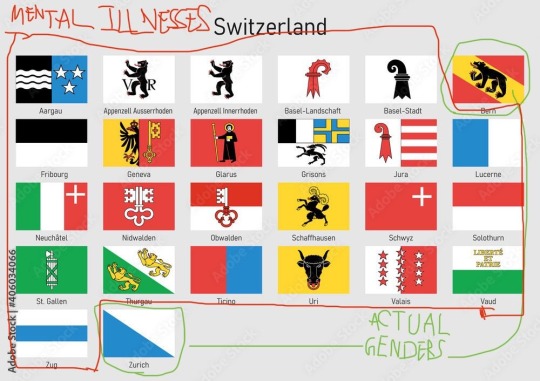
informative graph about the swiss genders, curtsey to the trans icon @useless-bangladeshfacts
13 notes
·
View notes
Note
So I kind of want to learn Swiss German since I may move to Switzerland. Do you know of any blogs teaching that?
Swiss German obviously isn’t my area of expertise since I live in Austria, but I did some digging and here’s a page that looks like it’s got some good resources. @useless-switzerlandfacts also sometimes posts things in Swiss German, and they have links on their about page to some other Swiss blogs you can check out (@official-schweiz, @confoederatiohelvetica, @germanlanguagerocks, @lgbtkuh).
Listening to music is extremely helpful as well, especially if you can find the lyrics. This is the only Swiss German song I know, but I’m sure you can find more musicians who sing in Schweizerdeutsch. songtexte.com sometimes translates songs in German dialects into Hochdeutsch, which is useful for figuring out what dialect words mean.
Also read A quick guide to the Swiss German language, the Swiss German Wikipedia page, and Alemannic Wikipedia (!)
One more thing - I don’t know how good your Hochdeutsch is, but the better you are at standard German, the easier it will be for you to learn dialects. And pretty much everyone understands Hochdeutsch, even if they don’t use it in normal conversation, so you’re not going to die if you aren’t immediately fluent in Swiss German (but I understand wanting to be able to speak it, trust me!)
Viel Glück!
#if you have more questions about learning dialect in general feel free to ask#i just don't know much about swiss german#chüchichüsachatsclkdhlkjli#Anonymous#answered
2 notes
·
View notes
Link
Dauert nur 3 Minuten und ist wirklich wichtig, bitte unterzeichnet diese Petition - einfach draufklicken und Ihr werdet durchgeleitet. Danke!
Teilen wär auch super! :)
@regenbloggen @offiziell-bisexuell @lgbtkuh @queerplacesforgermanspeakers @nonbinarytransgermany
#fynn#das sind grad alle Blogs die mir eingefallen sind#feel free to add more#trans#germany#nonbinary#petition#ftm#mtf#trans tagung münchen
49 notes
·
View notes
Video
youtube
There aren’t a lot of Swiss LGBT movies, but this is slowly changing: This year, “Mario”, a movie about a up and coming football talent falling in love with one of his teammates. The movie especially brings awareness to the still heavily prevailing homophobia in sports - especially in men’s team sports such as football.
“Mario” is nominated for various categories at the Swiss movie awards, amongst others for best fiction.
#I was on set actually and made an interview which was really cool#lgbtkuh#swiss facts#swiss#switzerland#swiss movies#ahh i really want to watch it but it already started in geneva and i have no one to go with#also i would probably cry lmao
136 notes
·
View notes
Text
To everyone that was at Züri Pride yesterday, if you post pictures, I would be very happy if you could tag me/pm me a link, so I can reblog it! Also dont forget to use the hashtag #lgbtkuh !
9 notes
·
View notes
Photo


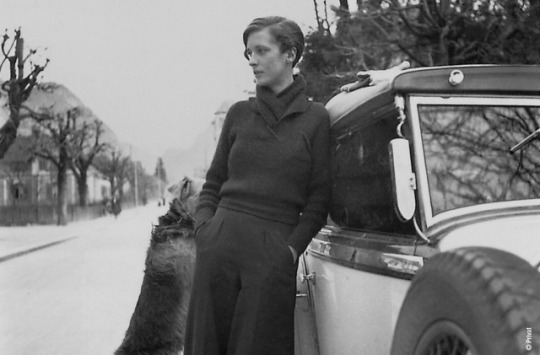

Annemarie Schwarzenbach was a Swiss writer, photographer, journalist and traveller. She dressed androgynously from an early age on and was often mistaken for a young man. One of her friends, Marianne Breslauer described her as “Neither a woman nor a man, but an angel, an archangel.”
Schwarzenbach has written multiple books and has documented the rise of fascism in Europe and her travels to various European countries with her photographs.
7K notes
·
View notes
Photo
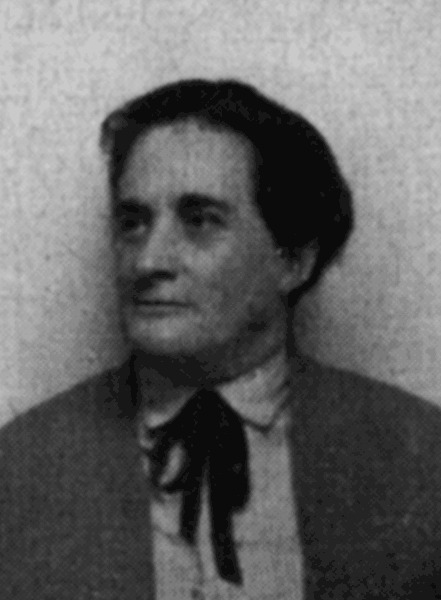
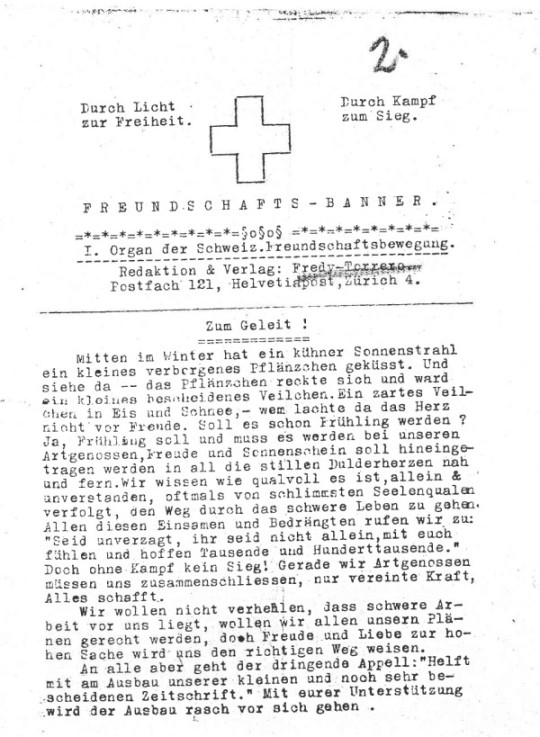
The first homosexual club in Switzerland was the ladies-club Amicitia, which was founded in 1931 by Anna Vock (picture), Laura Thoma and three more women. Originally a club for all women, no matter the sexual orientation, it soom became a club exclusively for lesbians. Laura Thoma also released, together with August Bambula, the first lesbian magazine called the “Freundschafts-Banner (Banner of friendship). Amicitia dissolved in the late 30s, the magazine was later renamed “The Circle”, and became one of the most important magazines for gay men in Europe at that time
452 notes
·
View notes
Photo
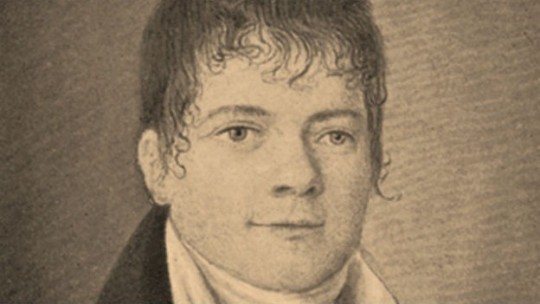
Heinrich Hössli, from Glarus, Switzerland, was one of the first authors in newer western history to defend the love between men. His work “Eros Die Männerliebe der Griechen” (Eros, the men’s love of the greeks), surveyed same-sex relationships in ancient greek literature. His conclusion: When such an advanced civilisation knows same-sex relationships, it cannot possibly be morally bad, and has to be natural.
There is a foundation under his name that supports scientific projects about homosexuality and collects source material about LGBT history to make it accessible.
144 notes
·
View notes
Photo
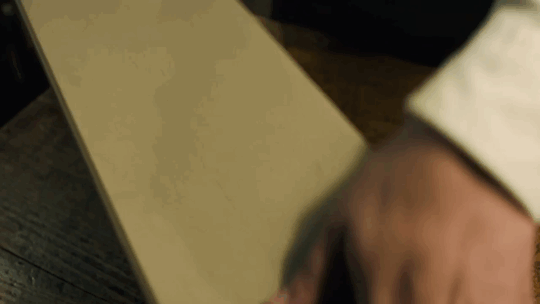
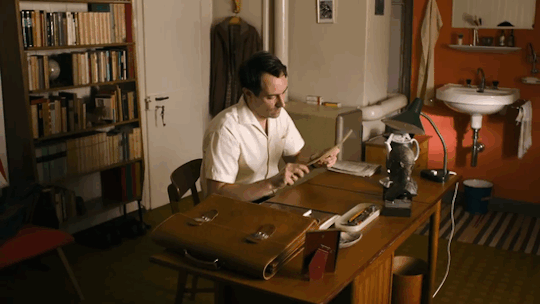
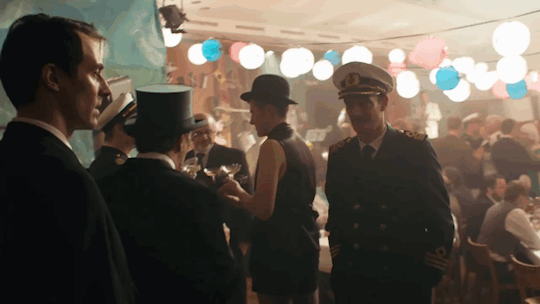
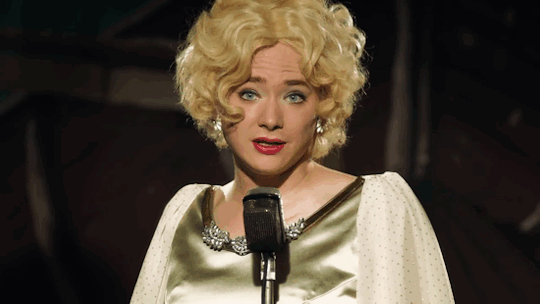


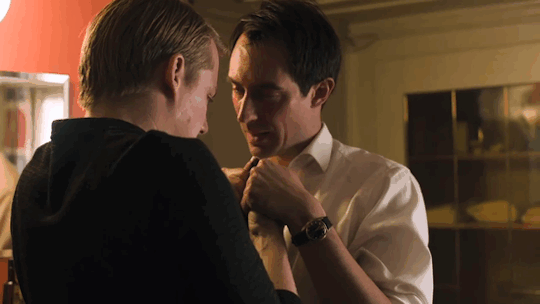

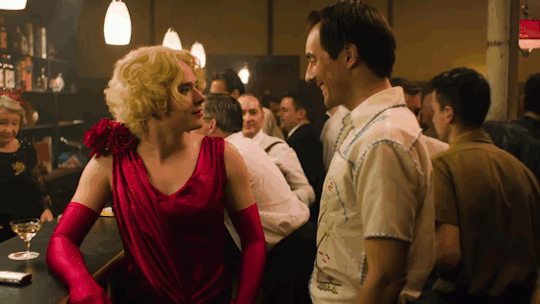
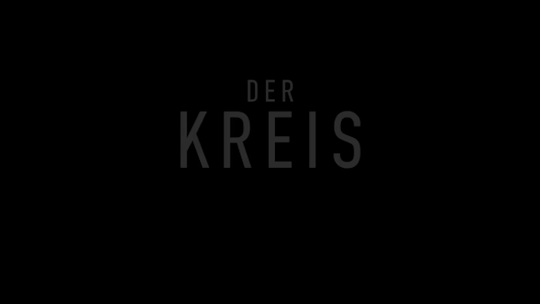
Der Kreis (The Circle) is a Swiss movie based on the true story of two Swiss men in the late 50s/early 60s that documents the fall of the trilingual (German, French, English) gay magazine Der Kreis - Le cercle - The circle.
The magazine was published every two months and reached about 2000 people all over Europe and even North America. Originally, it was targeted at both men and women, but after founder of the magazine, Anna Vock, has stepped back and Karl Meier has taken over the editorial, it was uniquely a magazine for gay men. Additionally to the magazine, “der Kreis” also organised the only big events for gay people, making Zurich a meeting point for gay men all over Europe.
The movie mainly concentrates about the relationship between the young teacher Ernst Ostertag and the star-drag performer Röbi Rapp. The movie is a docudrama and contains both documentary elements such as interviews with men that were part of the scene during that time, as well as the dramatic enactment of scripted scenes.
The trailer (with english subtitles) can be watched here.

(Röbi Rapp and Ernst Ostertag today)
187 notes
·
View notes
Photo
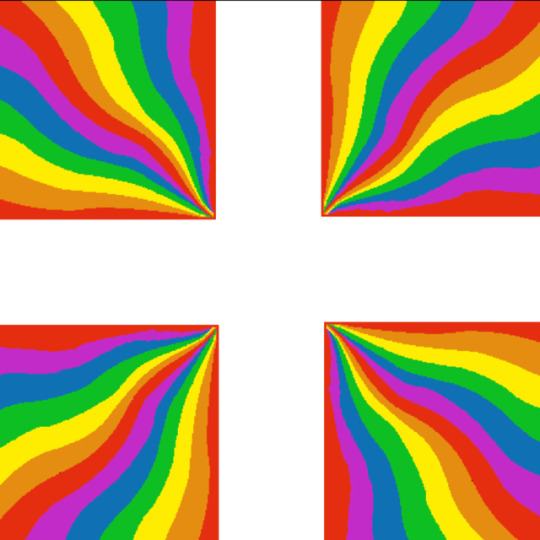

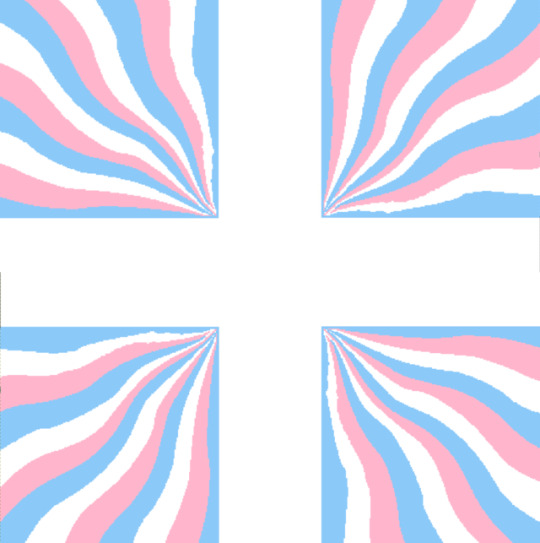


A couple pride flags inspired by old Swiss battle flags...
163 notes
·
View notes
Photo
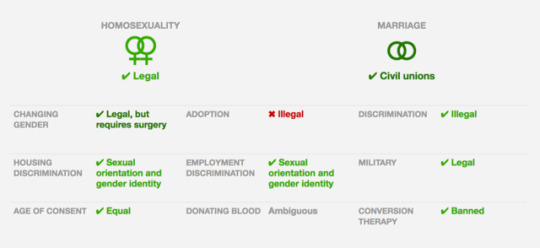
The legal status of LGBT people in Switzerland
Changing Gender: To change your assigned gender on your swiss ID or passport, you have to sue at a court that then can either change your gender/name or deny it. It depends on the different cantonal courts, what requirements you have to pass. All courts require the assessment of a psychatrist, some require hormonal therapy, some require surgery, some require both. You can however change your name no matter how far you have transitioned, and it is perfectly legal to use a different name than written on your ID for private matters. (more infos)
Adoption: So far, adoption is illegal for couples of the same gender. It is however possible to adopt your step child when you are in a same-gender relationship. It is also possible for a single person to adopt a child.
(Housing/Employment) Discrimination: Discrimination against LGBT people (as well as other minorities) is illegal in Switzerland. While personal discrimination and attacks on honour were illegal since 1983, LGBT people were only explicitely mentioned in 2015.
Military: It is legal for gay people as well as trans people to serve in the Swiss military.
Age of consent: The age of consent is 16 for both heterosexual and same-sex couples. It used to be higher for same-sex couples.
Donating blood: Since the beginning of this month, it is legal for gay/bi men that have abstained sex for 12 months to donate blood. It is legal for all woman to donate blood, no matter their sexual orientation.
Conversion Therapy: Conversion therapy is illegal in Switzerland, however, not explicitely so. It is considered to be “ineffective, dangerous and cruel” by the Swiss government, but the responsibility of an actual ban is put on the cantons.
Here a link (german, french or english) for more information on the legal rights of LGBT people in Switzerland.
48 notes
·
View notes
Text
During the reformation, the reformed insulted the catholics by calling them homosexuals, while the catholics called the reformed “koughyer” (”cow fucker”). This was also just in general a common insult towards Swiss people
46 notes
·
View notes
Photo

During the AIDS epidemic, the Homosexual Workgroup Zurich (HAZ) had a AIDS hotline
29 notes
·
View notes
Text
Swiss German LGBT Vocabulary
Gender, sex – Gschlächt (German does not make any difference there)
Gender identity – Gschlächtlichi identität (not used)
Coming-out – Sich outä, sich bekennä (verb)
Pride parade – Pride Parade
Homosexual – Homosexuell
Bisexual - Bisexuell
Pansexual – Pansexuell
Gay – schwul (adj.) -> this is only used for men, and cannot be interchangeably used for women like in English
A gay (man) – ä Schwulä
A lesbian – ä Lesbä
Lesbian – lesbisch (adj.)
Queer – falschsexuell (literally: wrongsexual) is sometimes used by pride groups such as milchjugend.ch, queer can also be used
Transgender – transsexuell (transgschlächtlich or just simply transgender might me more appropriate)
Non-binary – nid-binär, sometimes, the English term is used
Trans-man – Trans-Maa
Trans-woman – Trans-Frau
Gay marriage - Homo-Ehe (an ugly word so use: gliichgschlächtlichi Ehe)
Homophobia – Homophobie, schuwlenfeindlich (against gay men), lesbenfeindlich (against lesbians)
Homophobic – Homophob
Transphobia – Transphobie, Transfeindlich
(Swiss) German does not have any neutral pronouns like found in other languages, except “es” (äs in Swiss German). Most people experience the usage of “es” as degrading. However, there are some examples of gender neutral pronouns such as Xier, xieser, dier; sif sir, dif; sier, sienier, dier. There are also some people that just like to use they, them, theirs like in English. It is of course also possible to borrow pronouns from other languages.
Here is a pdf about German vocabulary on transgender and intersex topics.
Here is a link to a list of ways, how the German language can be made more gender neutral
Here is a link about being non-binary in Switzerland
If you think something is missing or wrong, please drop me a message! And if you want to do one of these in Italian, French or Rumantsch, tag me and tag the post with #uselesslgbtfacts!
43 notes
·
View notes
Photo

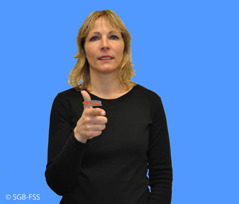
Swiss Sign language for “gay” and “lesbian”. I wanted to do more than these two but the SGB dictionary defines “transgender” as a “genderidentity disorder” and their example phrase is “Der Bruder meines Vaters ist von Transsexualität betroffen” [The brother of my father is affected by transsexuality]
#swiss facts#language#swiss#switezrland#sign language#idk if i should write them a mail or something bc i cant sign so they will probably not care#ehhh#transphobia#uselesslgbtfacts#lgbtkuh
24 notes
·
View notes
Photo

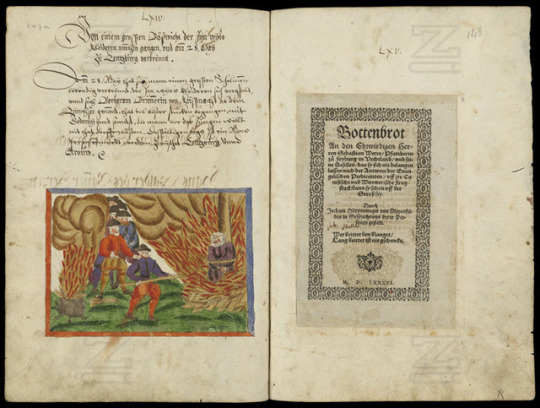
With the christianisation of Switzerland in 300 AD, Sodomy (anal intercourse, which mostly concerned sexual relationships between two men) became illegal. During the middle ages, it was the third most common “crime” to be punished by death.
The pictures above show the burning of a knight with his servant, both accused of sodomy, and the burning of Barbara Brunner, who was accused of being a man in women’s clothes.
31 notes
·
View notes